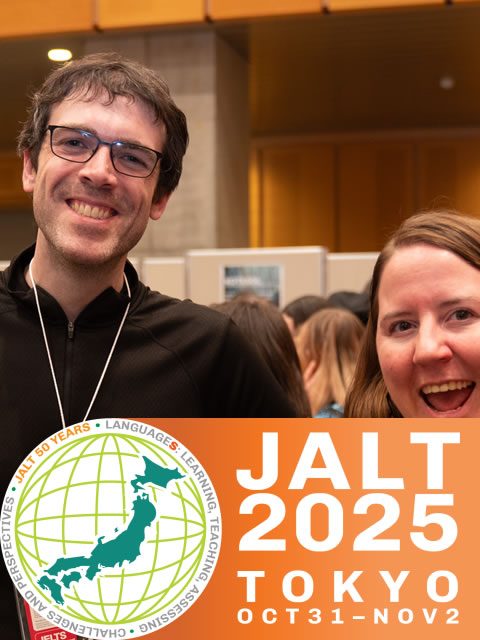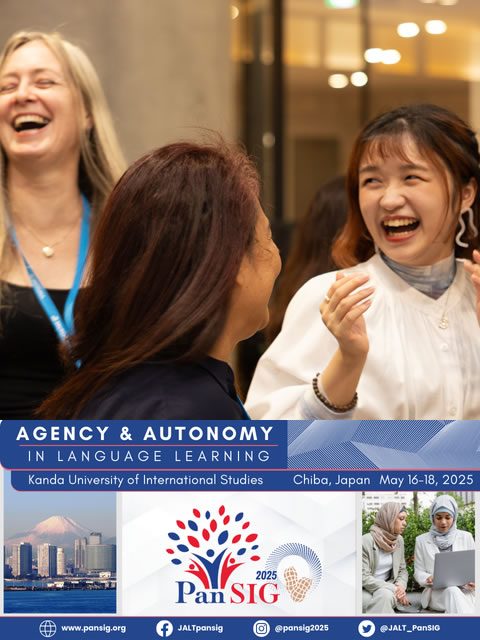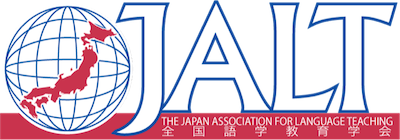Your cart is currently empty!
Event Report, Ibaraki Chapter, July 2021
•
IBARAKI/GUNMA: July, 2021—Teaching Trends in Dhaka City: A Comparative Study of Public Schools, Private Schools, and Madrasahs by Mashraky Mustary. In this presentation, Mustary presented the educational system in Dhaka City, Bangladesh, referring to the difference of quality seen between public schools and private schools and the strict pedagogy of Madrasah schools for Islamic education. In public schools, they face challenging situations such as segregation and a shortage of teachers. Madrasah schools also feature punishment in education. However, private schools enjoy a modern approach and flexibility. Utilizing classroom observation by gender perspective, questionnaires and interviews, she detailed the distinctions and children’s schooling trends to appeal to the necessity for investment in Bangladesh education. The Motivation of Adult Japanese Learners Learning Chinese in Informal Group Setting in Tokyo by Zhou Xin. Although the research was in informal learning groups of Chinese, not in educational institutes, Zhou presented a successful educational model and brilliant analysis on informal learning groups. She defined the category of informal education based on previous studies and showcased the significance of her study, which analyzes motivation dynamics, its complexity and the uniqueness of adult learners. The research aims to show factors keeping them motivated and how they benefit from learning Chinese. With questionnaires and interviews, she defines the roles of organizers, learners and teachers, and concludes by creating a pleasant learning experience which facilitates motivation in informal groups. Education in Nepal: Challenges and Opportunities by Pramila Neupane. Early in her presentation, Neupane gave us an introduction about Nepal, referring to its ethnic diversity with almost the same number of languages. In Nepal, English is not spoken even as a second language, but there is a belief that it is the key for a better life among people. She highlighted the education system of Nepal, those schools financially supported by Asian Development Bank and some which are not eligible for support. The challenging education system features a gender literacy gap and educational disparity, affected by the political situation. Lastly, she introduced her involvement on a school sector development program with Japan. A Brief Overview of the Types of Schools in Iran and the Effects of Religious Principles on Education by Abdollah Dodangeh. In this presentation, Dodangeh described the increasingly complex educational systems in contemporary Iran, which has been impacted by two major events–the Islamic Revolution (1978-1979) and the Iran-Iraq War (1980-1988). After the Islamic Revolution, the country launched drastic educational reform, increasing the number of schools while modernizing instructions and textbooks. However, the efforts were soon disrupted by the Iran-Iraq War, which caused extensive deployment and sacrifice of students and teachers. The War also shed light on the vulnerability of the country’s secular and traditional religious education, prompting the government to reinforce the Islamic ideology in teaching their youth.
Reported by Naoko Ochiai & Naomi Takagi

JALT2025 International Conference
2025年10月31日(金)〜2025年11月02日(日) 東京都渋谷 国立オリンピック記念青少年総合センター Friday, October 31 – Sunday, November 02, 2025 • National Olympics Youth Memorial Center, Tokyo, Japan

PanSIG Conference
PanSIG 2025 will be held May 16-18 in Chiba. PanSIG is an annual conference organized by JALT’s Special Interest Groups (SIGs).
